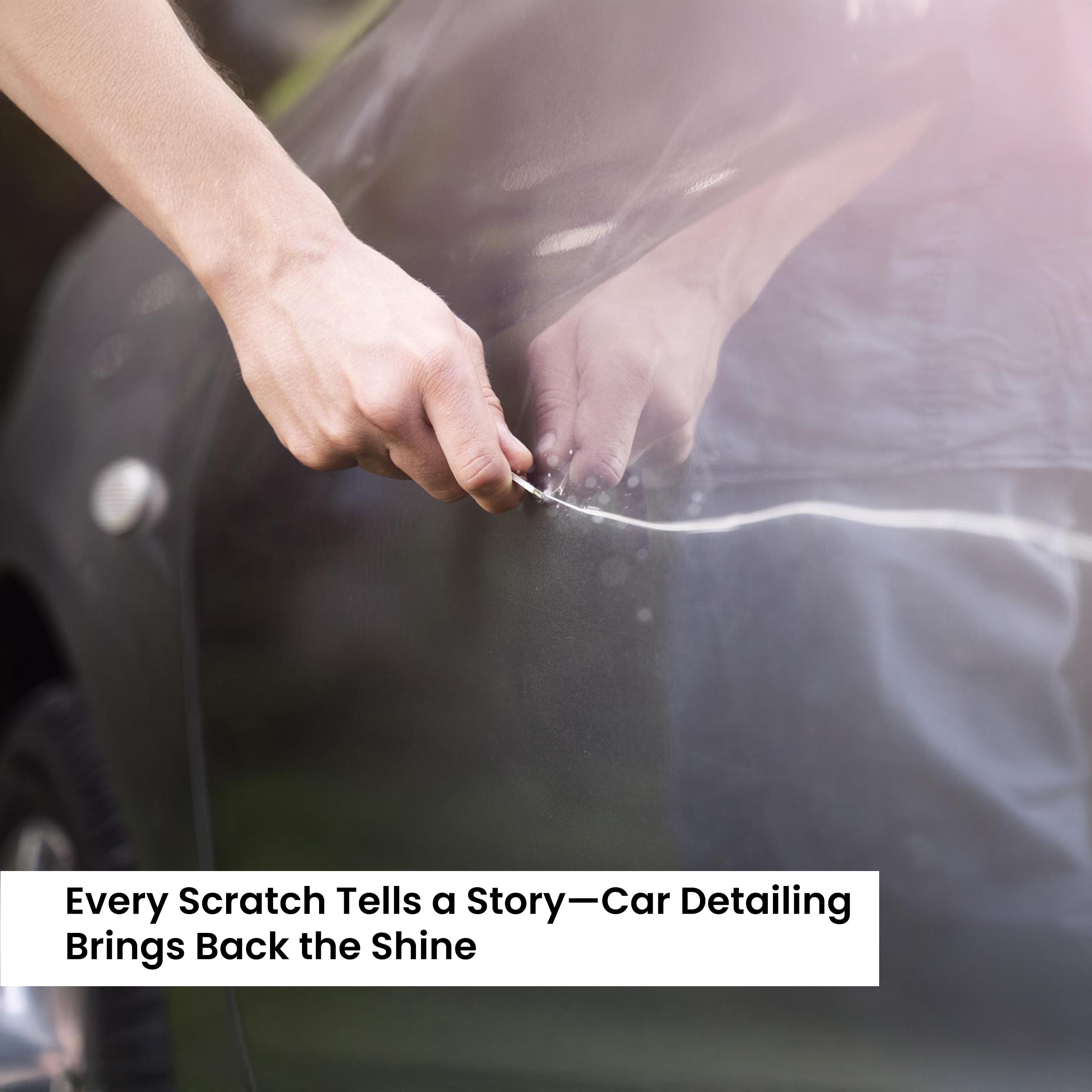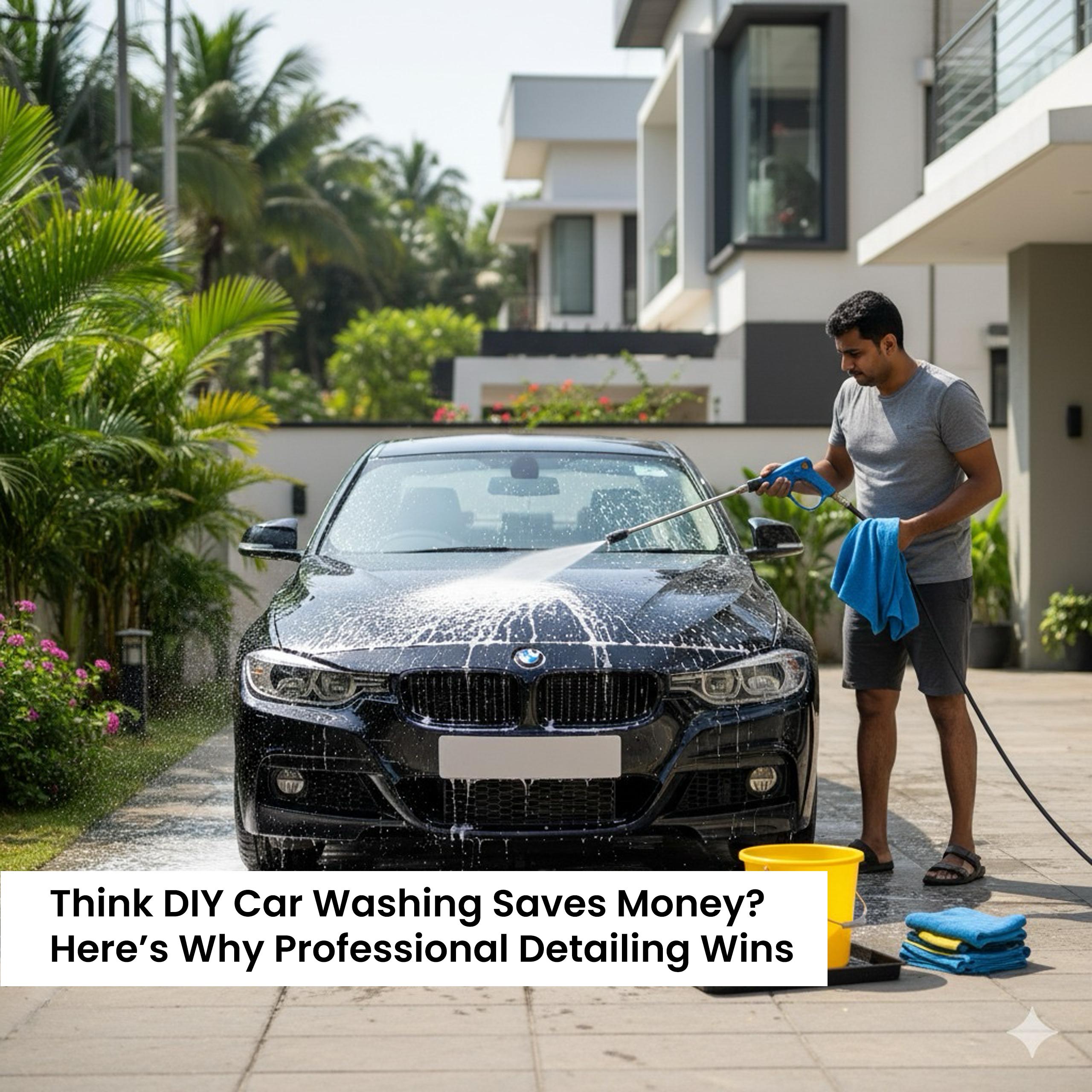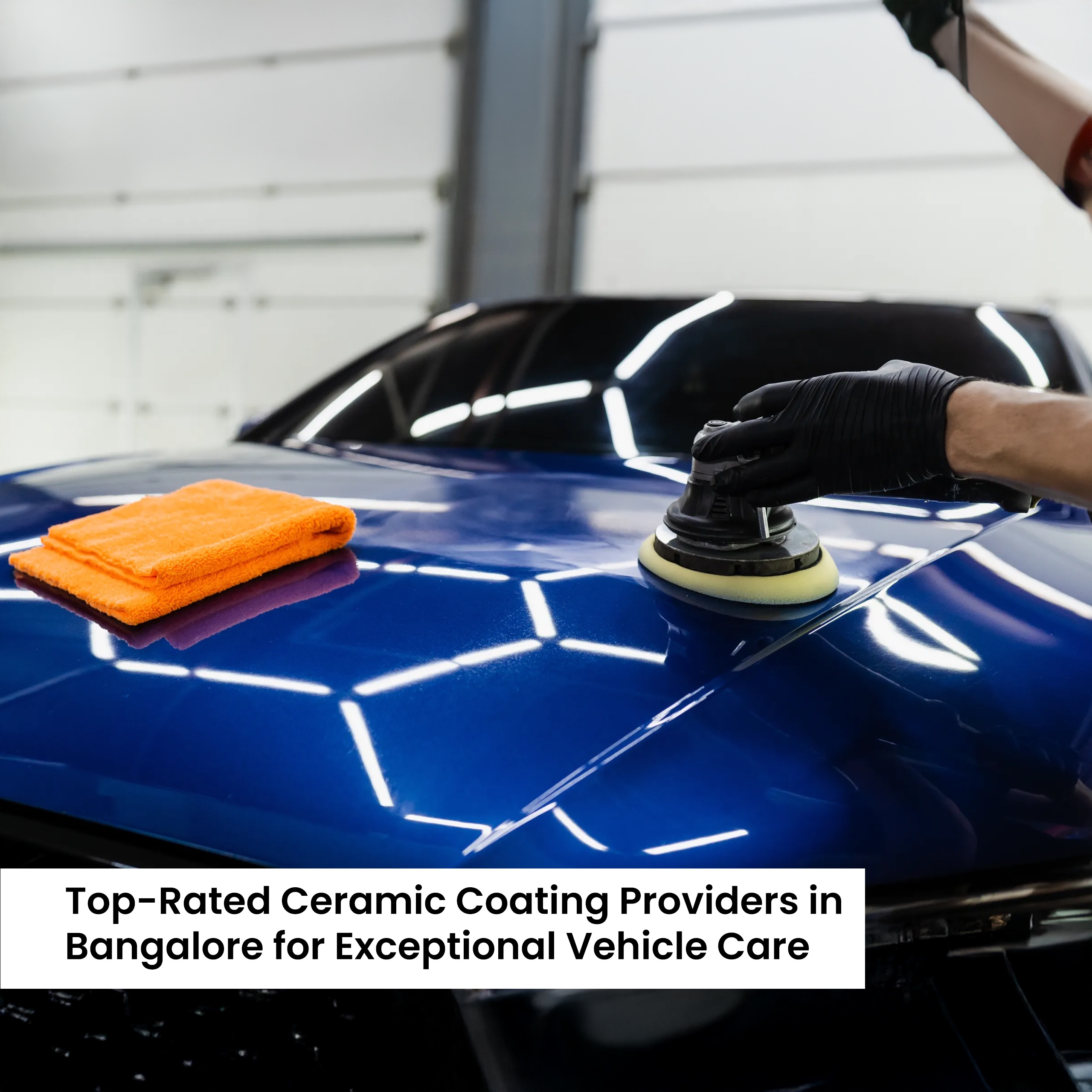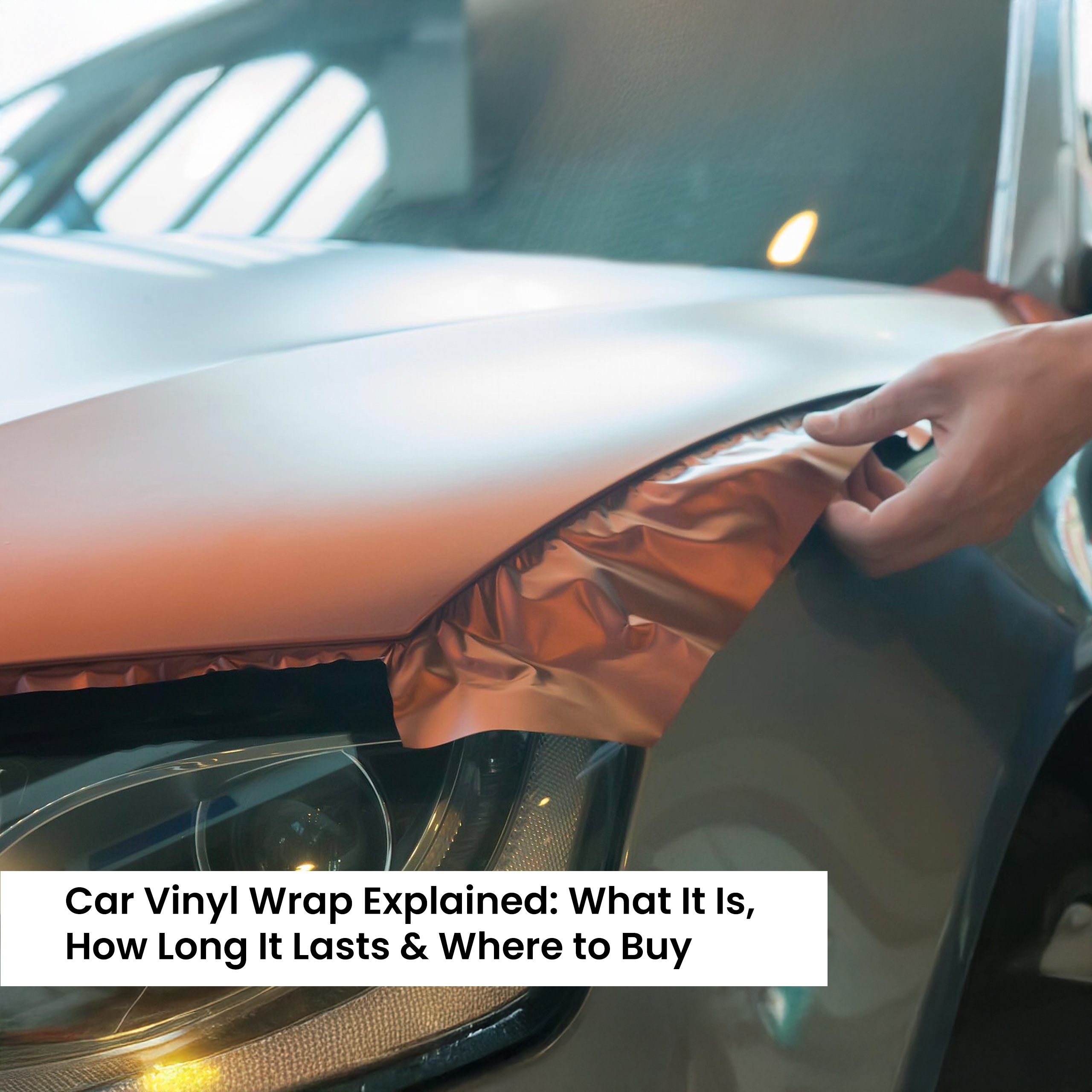Looking for the best way to protect your car in Bangalore? This blog is for car owners exploring graphene coating in Bangalore and ceramic coating in Bangalore. We’ll explain ceramic coating in Carsbuddy and graphene coating near me, covering what they are, when to use them, and how they work. Get insights on maximizing your car’s protection with these advanced options.
Can ceramic car coating be removed
Can ceramic car coating be removed?
Yes, ceramic car coating can be removed by professionals using specialized tools and chemicals without harming your car’s paint.
Ceramic car coating is durable, but it’s not permanent. Professionals at Carsbuddy in Bangalore can remove it using a combination of polishing compounds and heat to break down the coating layer. This process is ideal if you want to refresh your car’s look or switch to a different protection method. For example, a car owner in Koramangala might choose removal after a few years to apply a new layer. It requires expertise to avoid scratches, so avoid DIY attempts. Local auto detailers with experience in ceramic coating near me can assess your car and perform the task safely. This flexibility makes it a practical choice for those who like to update their car’s maintenance routine.
How does car ceramic coating work
How does car ceramic coating work?
Ceramic coating at Carsbuddy works by forming a hard, protective layer over your car’s paint, repelling water, dirt, and UV rays.
Ceramic coating creates a chemical bond with your car’s paint, forming a durable shield. This liquid polymer cures into a glassy layer that resists water, dust, and sunlight damage, common in Bangalore’s climate. For instance, a daily commuter from Electronic City can see less dirt buildup on their car. The coating fills tiny imperfections, enhancing gloss while protecting against oxidation. Applied by professionals, it involves cleaning, prepping, and layering the solution, which hardens over 24–48 hours. This process reduces the need for frequent washing, saving time for busy owners. It’s a popular choice for maintaining a car’s showroom shine amidst urban wear.
What is car ceramic coating
What is car ceramic coating?
Ceramic coating Bangalore is a liquid polymer that protects your car’s paint with a long-lasting, shiny finish.
Ceramic coating in Bangalore is a cutting-edge solution made from silicon dioxide or titanium dioxide. It’s applied as a liquid that hardens into a protective layer, guarding against scratches, chemicals, and UV rays. For example, a family in Jayanagar might use it to keep their SUV’s paint vibrant despite frequent city drives. Unlike wax, it lasts longer and offers a hydrophobic effect, making water and dirt slide off easily. Professionals apply it in multiple layers after thorough cleaning, ensuring even coverage. This makes it ideal for car owners who want low-maintenance protection and a glossy look, especially in Bangalore’s dusty conditions.
When can I drive my car after ceramic coating
When can I drive my car after ceramic coating?
You can drive your car after the ceramic coating cures, usually 24–48 hours, depending on the product and weather.
After applying ceramic coating, the car needs time to cure fully. Most products require 24–48 hours before driving, allowing the coating to bond with the paint. In Bangalore’s humid climate, it might take closer to 48 hours. For example, a professional from Whitefield should avoid parking under direct sun or rain during this period. Local detailers often advise keeping the car in a garage and avoiding water contact. Once cured, you can drive normally, but gentle use for the first week helps maximize durability. Following these steps ensures the coating performs at its best.
When to apply ceramic coating to a car
When should I apply ceramic coating to a car?
Apply ceramic coating to your car after a detailed wash or paint correction, ideally before heavy use or seasonal changes.
The best time to apply ceramic coating in Bangalore is after a thorough car wash or paint correction to remove imperfections. It’s ideal before monsoon or summer in Bangalore, protecting against rain and UV damage. For instance, a new car owner in Indiranagar might apply it right after purchase to shield the factory paint. Avoid applying during rainy seasons or extreme heat, as it affects curing. Local experts recommend scheduling it during dry weather, like late spring, for optimal results. This timing ensures maximum adhesion and protection against the city’s challenging conditions.
When to do ceramic coating on a car
When is the best time to do ceramic coating on a car?
Do ceramic coating during dry weather, preferably in spring or autumn, for the best results.
The best time to do ceramic coating near me is during dry seasons like spring or autumn in Bangalore, avoiding monsoon humidity. This ensures proper curing and adhesion to the paint. For example, a car enthusiast in HSR Layout might plan it in March to prepare for summer heat. Avoid rainy or overly hot days, as they can cause uneven application. Local service providers often suggest booking in advance during these seasons to secure a slot. Proper timing enhances the coating’s effectiveness, protecting your car year-round.
Can I drive my car after ceramic coating
Can I drive my car after ceramic coating?
Yes, you can drive your car after the ceramic coating cures, typically after 24–48 hours, with care for the first week.
Yes, you can drive your car after ceramic coating Bangalore once it cures, usually within 24–48 hours. During this period, avoid harsh conditions like heavy rain or car washes to let the layer set. For instance, a business owner in Banashankari might wait two days before using it for client visits. For the first week, gentle driving and parking in shaded areas help the coating strengthen. Local experts emphasize following post-application care tips to ensure longevity. This balance allows you to enjoy your car while protecting the new coating.
How graphene coating works
How does graphene coating work?
Graphene coating in Bangalore works by creating a tough, flexible layer using graphene nanoparticles to protect and shine your car’s paint.
Graphene coating in Bangalore uses tiny graphene particles mixed with a polymer to form a strong, flexible shield over your car’s paint. This layer resists scratches, water, and UV rays better than traditional coatings. For example, a techie in Bellandur might notice less water spotting after monsoon drives. The coating’s flexibility allows it to expand and contract with temperature changes, unlike rigid ceramic films. Applied in layers after surface prep, it enhances gloss while offering superior protection. Its advanced technology suits Bangalore’s diverse weather, making it a top choice for car care enthusiasts.
How long does graphene coating last
How long does graphene coating last?
Graphene coating can last 5–7 years with proper care, depending on the product and maintenance.
Graphene coating near me typically lasts 5–7 years, depending on the quality of the product and how well you maintain it. Its durability comes from graphene’s strength, resisting Bangalore’s dust and rain. For instance, a family in Yeshwantpur might enjoy its shine for over six years with regular washing. Harsh conditions or neglecting cleaning can shorten its life, so monthly maintenance is key. Some brands offer warranties, adding reliability. Local providers can recommend specific products based on your car’s usage, ensuring long-term protection.
How is graphene coating applied
How is graphene coating applied?
Graphene coating is applied by professionals at Carsbuddy through cleaning, priming, and layering the solution with precision tools.
Graphene coating in Bangalore involves a detailed process by trained experts. First, the car is washed and decontaminated to remove dirt. Then, a primer is applied to prepare the surface, followed by layering the graphene solution using microfiber applicators. For example, a car in Jayanagar might get this treatment in a controlled garage setting. The layers cure over 24–48 hours, requiring a dust-free environment. Precision ensures even coverage, protecting against scratches and enhancing shine. Local services emphasize this step-by-step approach for the best results on your vehicle.
What does graphene coating do
What does graphene coating do?
Graphene coating protects your car’s paint, adds a glossy finish, and resists water and scratches effectively.
Graphene coating near me serves as a high-tech shield for your car’s paint, offering multiple benefits. It repels water and dirt, reducing cleaning frequency in Bangalore’s dusty streets. For instance, a commuter from Whitefield might see a glossy finish that lasts through rainy seasons. Its scratch resistance protects against minor dings, while the hydrophobic effect prevents water spots. The coating also boosts resale value with its sleek look. Applied by professionals, it’s ideal for car owners seeking advanced protection and a polished appearance in challenging urban conditions.
Comparison Tables or Pros/Cons
Pros of Ceramic Coating | Cons of Ceramic Coating |
Long-lasting paint protection | Requires professional removal |
Hydrophobic and easy to clean | Needs curing time before use |
Enhances car’s glossy look | Limited flexibility in heat |
Pros of Graphene Coating | Cons of Graphene Coating |
Superior scratch resistance | Longer application process |
Flexible and durable | Requires expert application |
Excellent water repellency | Higher maintenance for longevity |
Conclusion
Car owners in Bangalore rave about ceramic coating in Bangalore and graphene coating in Bangalore. Anil from Indiranagar shared, “My car’s paint looks new with ceramic coating near me after two years!” Similarly, Priya from HSR Layout said, “Graphene coating near me kept my car shiny despite monsoon rains.” These experiences highlight how these coatings suit daily drivers and luxury car owners alike. Local detailers often showcase customer cars, building trust in their services. Whether it’s for protection or aesthetics, these stories prove their value in Bangalore’s tough conditions
Want to get ceramic coating in Bangalore or graphene coating in Bangalore for your car? Contact us today to find the best service near you!









